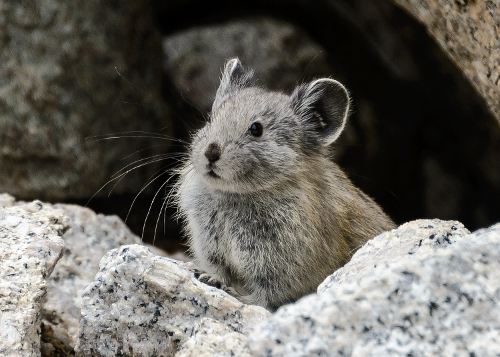SUBSCRIBE TO THE FREE NEWSLETTER
Looking for solutions to the opioid overdose crisis
Travis Lupick has been covering Vancouver’s opioid drug epidemic for over a decade, and in today’s issue of The Georgia Straight, he reports that the overdose death rate in BC is the highest in Canada: 29 fatal overdoses in B.C. per 100,000 people in 2017.
One of the most effective approaches to reducing fatal overdoses is supervised consumption. An article today at Scientific American confirms that these sites save lives. “At Insite in Vancouver, B.C., there was a 35 percent reduction in fatal overdoses in the area around the facility, compared with a 9.3 percent reduction in other parts of the city”
You can read an excerpt of Travis’s new book, Fighting For Space, online now at Cascadia Magazine: it’s the story of a scrappy group of activists secretly planning to open a safe injection site in Vancouver’s Downtown Eastside in 2003.
For over two years, Seattle and King county have been considering opening a supervised injection site. Kelsey Hamlin’s detailed feature describes that effort at Cascadia Magazine, and it’s accompanied by Jackie Dives’ incredible photo essay of peer workers at Vancouver Overdose Prevention Society, which treated 255 overdoses in 2017–without a fatality.
If you appreciate great journalism and photography like this, please take a moment to visit our donate page. Cascadia Magazine is a reader-supported publication that relies on the generous financial support of readers like you.
If you’re already a supporting reader, thank you!
WA and OR to sue feds over family separation policy
Reacting to widespread outrage over the Trump administration’s “zero tolerance” policy on immigration that’s separating families, WA attorney general Bob Ferguson announced he would join other states (including Oregon) filing suit to end the policy. OPB reports that there are 13 children in Portland-area shelters separated from their families, and KUOW reports that children separated from parents at a facility in SeaTac were not given time to say goodbye. After protesters in Portland shut down a federal immigration office, the city’s DSA urged mayor Ted Wheeler to refuse cooperation with ICE. Employees at Washington-based Microsoft are urging the company to end contracts with ICE. And The Tyee reports that Canada also has a poor track record on separating immigrant families.
How to fix the Indigenous child welfare system?
Katie Hyslop at The Tyee has written an extensive, multi-part series of investigative articles about the flaws in the child welfare and foster care system for Indigenous people in British Columbia and the rest of Canada. Today, she addresses the question of how the system might be repaired.
Improving conditions for Seattle’s domestic workers
Lilly Fowler at Crosscut has a fantastic feature on how the city of Seattle (with legislation sponsored by Teresaa Mosqueda, pictured) might improve conditions for domestic workers, who are often subject to harassment, and sub-minimum wages. “Nobody pays attention to us. Nobody believes us. They try to intimidate us instead. Where is the dignity and the respect? That’s what we’re trying to reclaim.”
Pikas in peril across Cascadia
The University of British Columbia reports on new research confirming that pikas–those adorable rodents native to the high alpine country of the Cascades and Coast range–are threatened by climate change. The animals are highly sensitive to changes in temperature, the report notes.
OR poet laureate Kim Stafford on the state of verse
Oregon Arts Watch has a far-ranging interview with Oregon’s new poet laureate, Kim Stafford, who’s the son of lauded poet William Stafford. “I am hoping that poetry can make the cultures of communities more diverse, the emotionally informed communities deepen, and make communities more curious about themselves and each other.”
“Overcast,” a poem by Seattle’s EJ Koh
Over at Two Peach, you can read the poem “Overcast” by Seattle’s EJ Koh:
“Spring, nearly an ideology, by now.
You, unyielding.
The sky shatters easily like butterflies,
lands on the page as a black smudge.”
Read the poem in full here. You’ll also find EJ Koh’s poem “Icicle Creek” online at Cascadia Magazine.
That’s today’s summary of news & arts from across the Pacific Northwest. Be sure to click the links and read the articles–there’s an abundance of great writing and creative work happening all over Cascadia. –Andrew Engelson
Photo credits: American pika by Michael Hedin via Flickr CC-BY SA 2.0

